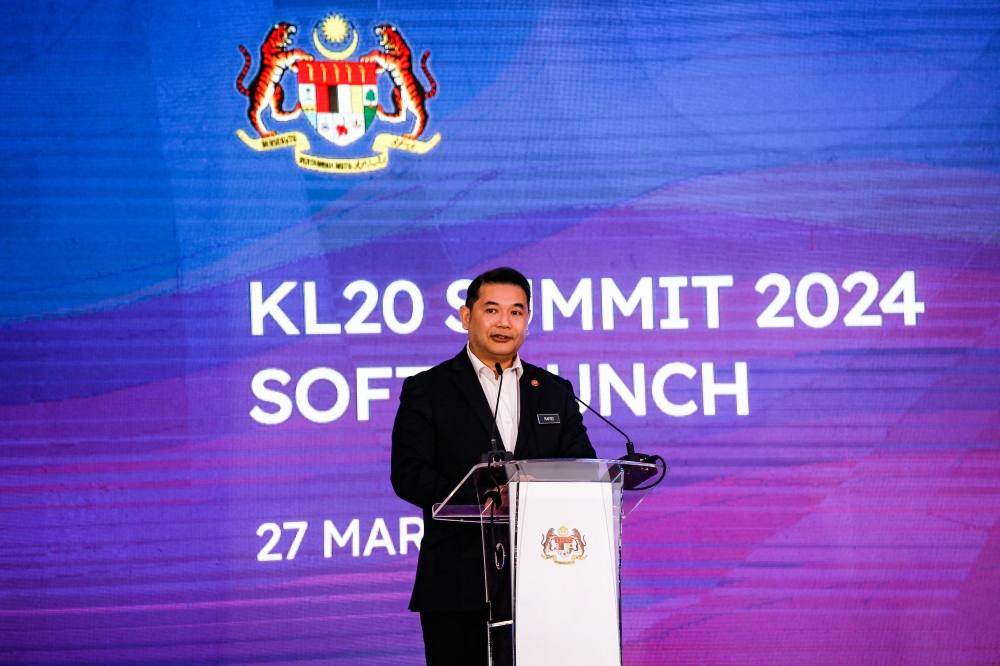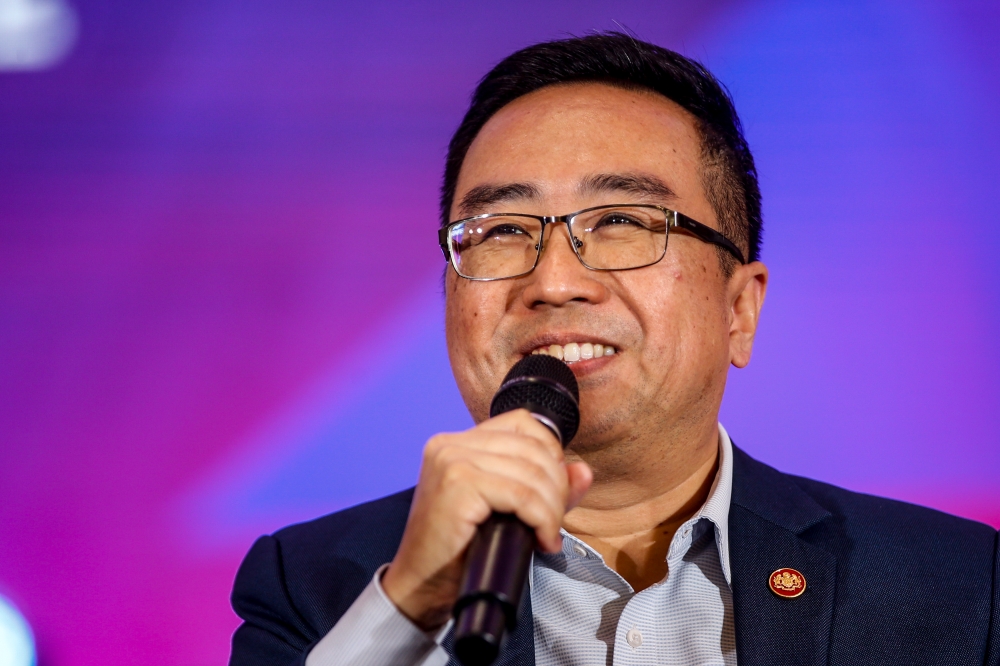KUALA LUMPUR, April 22 — Despite several initiatives and milestones by the government to spur the local startup scene, online used car trading platform Carsome remains the country's only unicorn — a private startup that is valued at over US$1 billion (RM4.8 billion).
With Singapore still leading the region while Indonesia and Thailand are inching closer, the two-day KL20 Summit starting today aims at propelling Malaysia into the world's top 20 startup hub by 2030 up from the current top 50 — just six years away.
This requires a paradigm shift, and according to Minister of Economy Rafizi Ramli, Putrajaya has pivoted from its old strategy of merely chasing local unicorns.
Instead, Malaysia now aims to attract startups from all across the globe to set up shop here, which at the same time will kindle the fire for more high-quality startups — and eventually, more venture capitalists and sovereign wealth funds to invest in the scene.
“By attracting these disruptors into our ecosystem, we want to drive Malaysia up the value chain and demonstrate our ability to compete with the very best,” Rafizi told the press during the recent soft launch for KL20.
“Whether you are a founder from Kuala Lumpur, Jakarta, Mumbai or Seoul, if you bring or develop your start-up here, at the end of the day, the beneficiaries are Malaysian talents and the Malaysian economy.”
Spearheaded by the Economy Ministry along with the Ministries of Science, Technology and Innovation (Mosti) and Digital, KL20 will not only announce new policies to this end but also provide a fertile ground for investors and founders to meet — and hopefully sign a deal by the end of the summit.
According to the Economy Ministry in a recent media briefing, three sovereign wealth funds are expected to announce their presence in Malaysia during the summit, along with up to 15 venture capital firms. At least 20 deals with startups are expected to be announced.
“I’m excited to announce that KL20 will also feature a series of blockbuster deals ... These include the launching of a growth fund, the arrival of several international venture capital firms setting offices in Malaysia, as well as unicorns establishing research and development facilities, engineering units, and their regional headquarters here.
“In short, this is KL20 in action,” Rafizi said during the soft launch.

“It’s a simple message to the rest of the world: Malaysia is open for business in technology,” he added.
While Prime Minister Datuk Seri Anwar Ibrahim will launch the summit and the KL20 Action Paper, the ministry said these will not be merely lip service.
Instead of just launching a blueprint, it vowed that the policies to attract startups would be applicable as soon as the summit concludes.
According to the agenda, the Securities Commission is set to introduce what it called a “VC Golden Pass”. This is expected to offer attractive benefits to venture capitalists to set up a branch in the country, including cutting down on the current 30-day period needed for foreigners to register a company here.
Similarly, the Malaysia Digital Economy Corporation will also introduce two “Golden Passes” on innovation and unicorns. This is expected to offer incentives that would benefit the founders, top management, and staff members of global startups to come here, and hire Malaysian talents.
All three passes are expected to offer visa privileges for easier access, and initiatives to grease the wheels of the startups setting physical presence in Kuala Lumpur.
It is understood that one of the incentives will aim at reducing the costs of these startups when it comes to using cloud services and general-purpose computing on graphics processing units (GPUs), as Malaysia aims to highlight its potential as a conducive environment in sectors such as semiconductors, artificial intelligence, agriculture technology, clean technology and Islamic finance.
This comes as earlier this week, Anwar announced that the Ministry of Investment, Trade and Industry will draw up a comprehensive Semiconductor Strategic Plan to include a more attractive incentive package for strategic investments in high-tech semiconductors, particularly to encourage more front-end activities here.

Mosti is also scheduled to showcase its one-stop portal called Single Window Initiative to manage these Golden Passes — which its minister Chang Lih Kang previously said would be an upgrade of the current MYStartup portal to dismantle bureaucratic hurdles and expedite approvals.
KL20 has so far listed several major names in the industry attending, including Datuk KS Pua, the chairman of Taiwan-based solid-state drive manufacturer Phison Electronics Corporation. The Sekinchan-born Pua — widely regarded as the “father of USB drives” — will set the tone of the summit with a speech titled “Malaysia’s Time is Now”.
Other names included Qi Bin (deputy chief investment officer, China Investment Corporation), Werner Vogels (chief technology officer, Amazon), CK Tseng (president of Asean, Arm Holdings), Carl Pei (chief executive, Nothing), Linda Sheng (MiniMax), MX Kuok (K3 Ventures), Ole Ruch (Nordstar), Datuk Lai Pin Yong (Blue Chip Venture Capital), and Amani Salim (founder, nanoSkunkWorkX).
For more information and to register for KL20, visit the summit's website here.






















